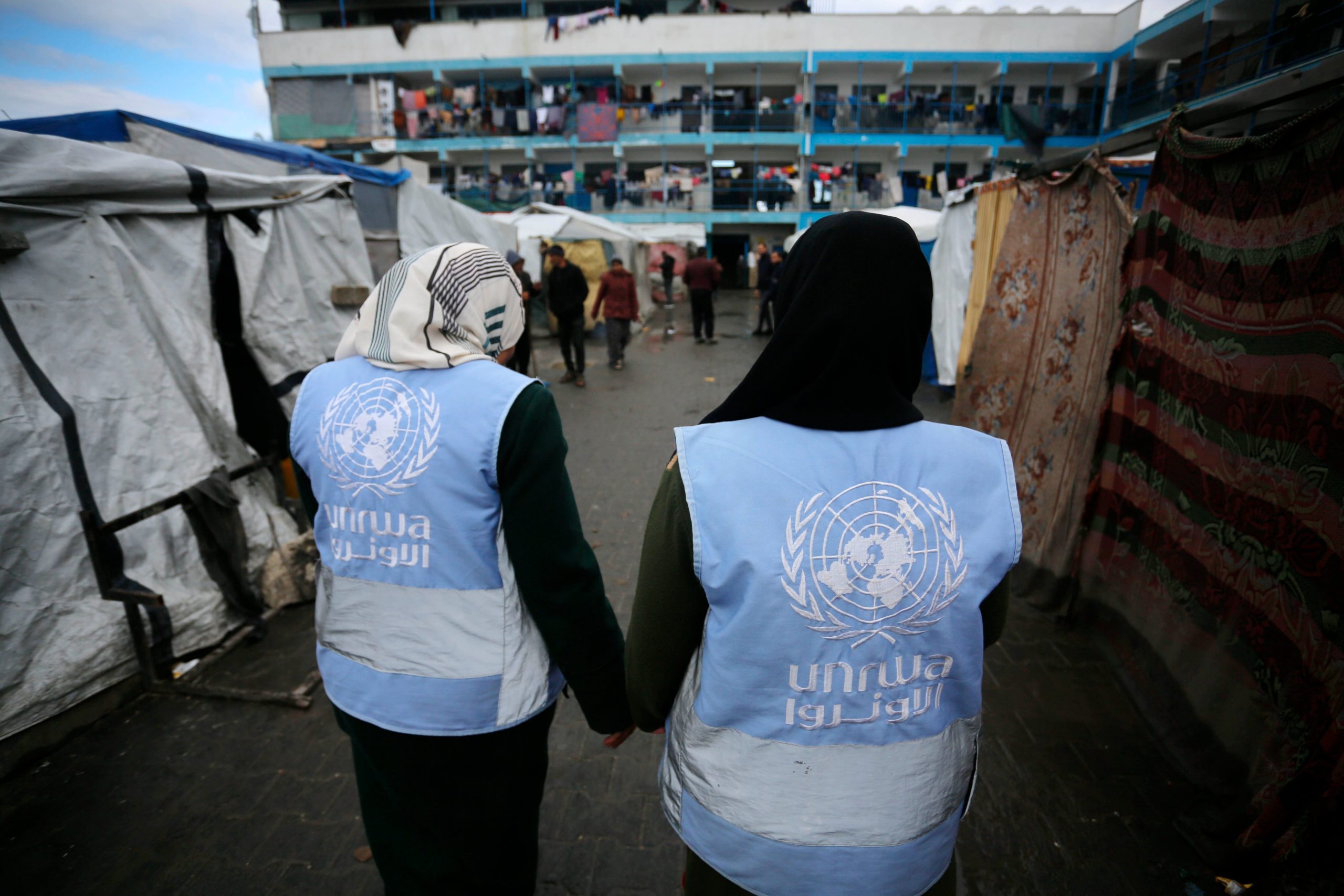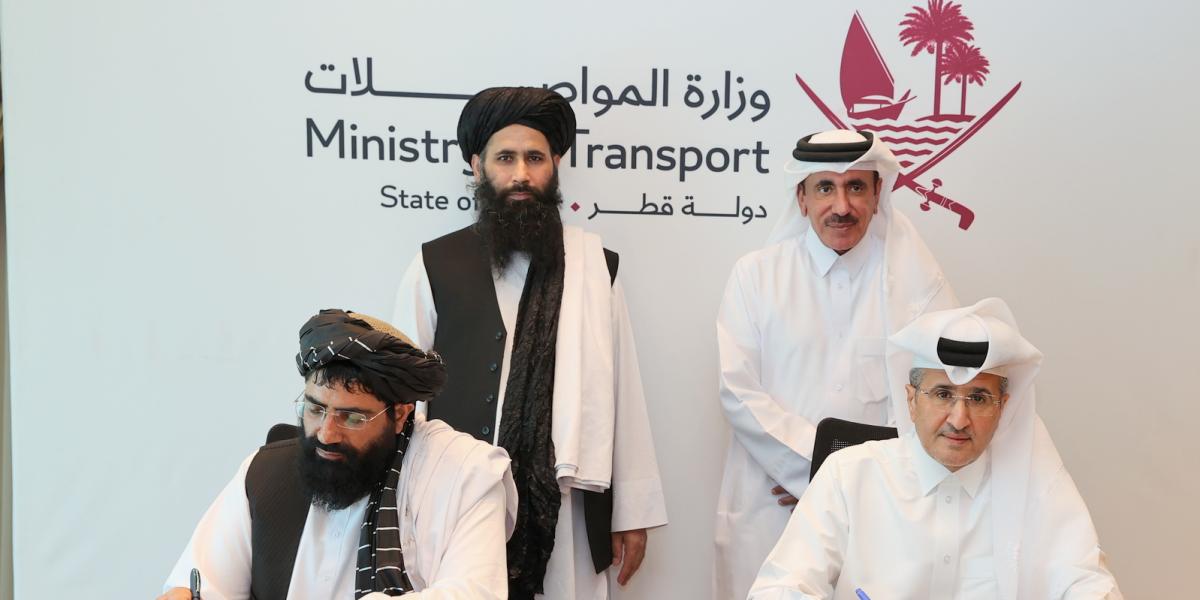
Qatar has agreed to allocate some 20,000 work visas to the Palestinian people, the first such allotment granted to the group by the Gulf country in more than eight years, according to the state’s ambassador in Doha.
Speaking to Doha News, Ambassador Munir Ghannam said that the visas were in response to a request made by Prime Minister Rami Hamdallah during a visit to Qatar late last year.
The visas, the first of which are expected to be issued next week, would allow those holding Palestinian identification documents – and do not necessarily have passports – to work in Qatar, and would roughly double the size of the Palestinian population here, Ghannam said.
He added, however, that thousands of residents of Palestinian origin holding foreign passports do live in Qatar, but he has no estimates on that.
Ghannam said the measure would provide much-needed work and income for residents of the occupied territories, where the unemployment rate is estimated to be around 23 percent.
“It’s one of the best moments for me (in the time that) I’ve lived in Qatar,” Ghannam said.
Process
Many Gulf nations maintain quotas on the number of foreign workers that can be brought in from various countries. In Qatar, Ghannam said the quota for new Palestinians has remained at zero since he assumed his post eight years ago.
To facilitate the job application process, the respective ministries of labor are establishing an electronic database that would allow Palestinians to upload their CVs and be reviewed by company managers in Qatar, according to the ambassador.
If a company is interested in hiring a worker, officials in this country can extend an employment offer and initiate the sponsorship process.
Ghannam said there are no occupational restrictions on the allocation of visas, meaning it would be up to local businesses to decide what type of workers to hire.
“Whatever they need, they can find in Palestine. We have a well-trained and well-educated society,” he said.
Palestinians living in both the West Bank and the Gaza Strip would be eligible to apply for work in Qatar, said Ghannam. He added that the agreement between the two governments was restricted to employment visas and there was no explicit discussions on whether workers could be accompanied by family members.
However, Ghannam added that he expected that the same rules and conditions faced by other expats in Qatar, such as a minimum income level requirement, would apply to Palestinians.
Ghannam said that the government has already approved the applications submitted by a Qatari company to sponsor 20 Palestinian engineers, technicians and other workers. He said he expected the visas, for a company he declined to name, to be officially issued within days.
Qatar-Palestine ties
Qatar has been a generous donor to the Palestinian Authority as of late, committing $150 million in November to help the state pay its bills and providing several hundred million dollars to help construct a new Palestinian town in the West Bank.
Diplomatically, former Qatari Emir Sheikh Hamad bin Khalifa Al Thani was a strong supporter of the Palestinian people and made a landmark visit to Gaza in 2012.
While some foreign policy observers saw the trip as lending political support to Hamas – which has ruled the Gaza Strip since 2007 without recognition from the international community – Sheikh Hamad publicly promoted reconciliation and helped to broker a unity government agreement between Hamas and Fatah in 2012.
During his visit to Gaza, he urged Hamas and rival Fatah to find common ground. He said, as quoted by AP:
“Why are you staying divided? There are no peace negotiations, and there is no clear strategy of resistance and liberation. Why shouldn’t brothers sit together and reconcile?”
His successor, Sheikh Tamim bin Hamad Al Thani, appears to be following a similar course, championing Palestinian rights in his first speech at the United Nations:
“The inalienable national rights of the Palestinian people in establishing its independent state with Jerusalem as its capital within the limits of 1967 borders as well as the right of return for the Palestinian refugees are not only an Arab demand, but they also represent an international standard for testing the credibility of international legality, which should not be divisible.”
More recently, Qatar Charity has signed agreements to rehabilitate and reconstruct 200 homes in Gaza as well as pledged $1 million to buy medicine and physiotherapy equipment for Gaza residents in recent weeks.
Ghannam said Qatar has always been a long-time supporter of the Palestinian cause. However, he noted that last month’s visa agreement differs significantly from the recent charitable pledges.
While both will result in more money flowing into the occupied territories, Ghannam said he hoped the employment opportunities would allow Palestinian workers to better support their family and, in turn, create economic opportunities at home.
“We are very interested in the chance to support ourselves. It is very important to us.”
Thoughts?







